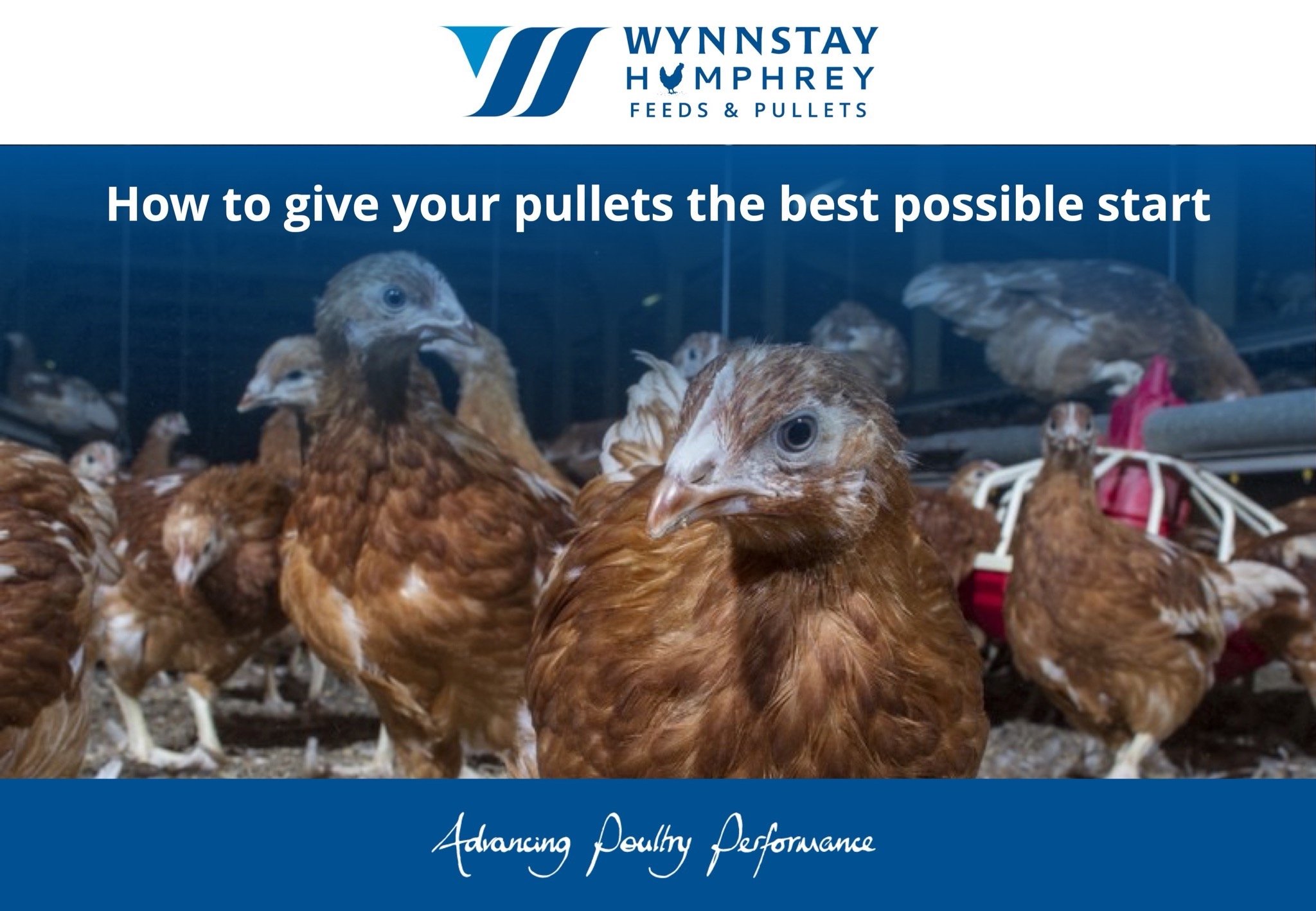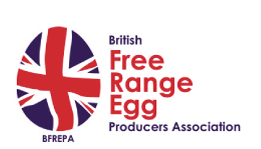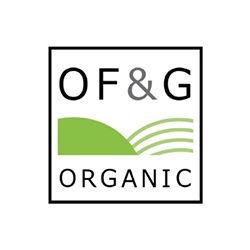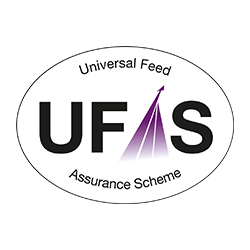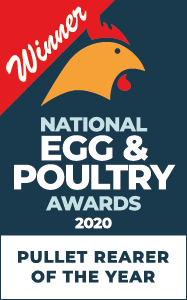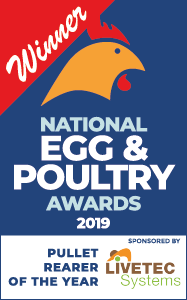Martin Humphrey and Kay Johnson share the current challenges of feed production
Click here to listen to the episode “Sustainability of animal feed, poultry feed processing”
Radio 4’s Farming Today has been looking at animal feed. Reporter Rebecca Rooney visited Humphrey Feeds & Pullets’ feed mill near Winchester, and spoke to Martin Humphrey and Kay Johnson to discover the challenges of producing high quality feed in the current market.
Fresh poultry feed
Reporter Rebecca was immediately struck by the sounds and smells of the feed mill, where over 450 tonnes of specialist poultry feed is produced every day. Most of Humphrey Feeds’ 400+ diets are between 50-60% wheat, sourced within an eco-friendly 30 mile radius of the mill.
“We’re heating up the wheat, giving the same smell as you get in a bakery, so it’s not surprising that there’s a lovely smell!” explains Sales Director Martin Humphrey, whose family have run the business for more than 80 years.
The freshly- formulated feed is then custom milled on site. The majority is dispatched as mash, with the rest pelleted by the pellet press which adds to the sights and sounds experienced by Rebecca during her visit.
Sourcing other feed ingredients
Procurement & Formulations Manager Kay Johnson explains to Farming Today how carefully Humphrey Feeds are formulated to ensure birds have the right nutrition.
“Nutrition comes from protein sources as well, so things like sunflower and soya will be the next biggest element in the diets,” says Kay, adding that vitamins and minerals are also included, alongside additions such as pigments for yolk colour, anything that the bird might need for gut health, and limestone to provide calcium for layers.
Soya in poultry feed
Challenged as to whether soya should still be part of the diets in view of sustainability issues in some regions, Kay responds: “For us, in poultry you can’t get a better natural balance of amino acids than you can in soya, and that is critical for the birds’ welfare. Having said that, we will always look at alternatives, so we’ve been working very closely with supermarket supply chains to look at ways of reducing soya, and making sure that the soya that is used is from sustainable sources.”
Humphrey Feeds is also doing trial work to look at production and animal welfare in response to completely soya-free diets.
Sourcing sunflower
Reporter Rebecca used the interview to explore the challenges raised by the situation in Ukraine, particularly in relation to sunflower oil, a key ingredient in the feeds.
“We will have to buy more of another protein source and that’s inevitably going to mean we will need more soya,” says Martin. “The other challenge is that sunflower provides lovely fibre for the chickens, so we will need to supply another fibre source.”
Sustainability
Farming Today looks at whether the 14% of wheat grown in the UK for animal feed would better be fed directly to humans, noting that WWF says the system must change to address climate change, biodiversity loss and food security challenges. However, the programme also acknowledges that, for example, the quantity of bread made from this amount of wheat would exceed demand.
Martin Humphrey acknowledges the impact of the current political and ecological climate on poultry farmers: “This the most challenging time I have ever seen, and it does question the sustainability of the sector.”
For more information on how our feeds are produced and the steps we are taking to optimise production for poultry farmers, contact us by email on enquiries@hfandp.co.uk or call us on 01962 764555.




